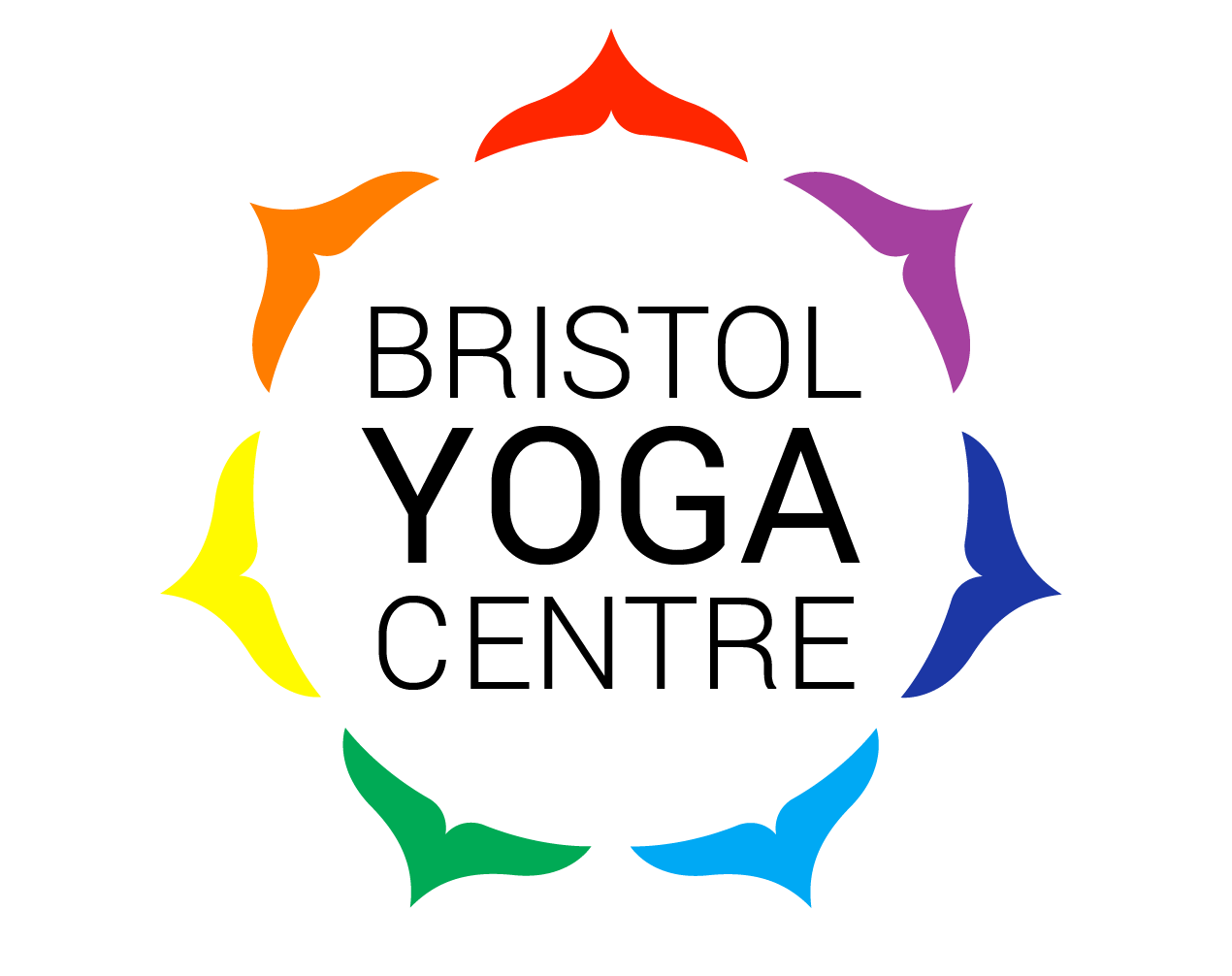This is the time of the year when people start thinking about making New Year resolutions, but I have always felt a little sceptical as they are often forgotten or ditched within a few weeks.
Sankalpa has been compared to a New Year’s resolution but it’s not about goal making or wishing for things to be different. Sankalpa is to do with exploring what’s behind the thoughts or feelings of our aims and trying to find deeper meaning in our lives. New Year’s resolutions tend to focus on the future and aiming to correct negative aspects of our selves and often only feed our desires and ego. Where as, Sankalpa is about being in the present moment and aligning with the deepest part of you. As Philip Moffitt, a yoga teacher and Buddhist said,
‘You set your intentions based on understanding what matters most to you and make a commitment to align your actions with your inner values. As you gain insight though meditation, wise reflection, and moral living, your ability to act from your intentions blossoms’.
Sankalpa comes from Sankskrit word ‘San’ which means altogether and ‘Kalpa’ from ‘Kalpana’ meaning idea or vow. This is often translated to will, purpose or determination. It also means connecting and committing to our highest truth. It is believed that the concept of Sankalpa stems from the Vedic times.
A Sankalpa practice starts from the radical notion that you are already who you need to be and you only need to look deep inside you to find your true purpose in life. Discovering your Sankalpa is about really listening to the deepest part of yourself. It’s completely opposite to believing that some how you are not good enough unless you achieve certain goals or get what you want. Sankalpa should provide you with true self-confidence and peace of mind and assist you to overcome challenges in life. Just knowing your Sankalpa then becomes a blessing and a guide, independent of whether you achieve certain goals or not.
Richard Miller, a psychologist and teacher in the Advaita Vedanta said that there are three stages of listening process:
- Sravana: Willingness to listen through meditation
- Manana: To be able to welcome and take in the message.
- Nididhyasana: To respond and act your Sankalpa with commitment.
One of the most powerful practices for planting the seed of Sankalpa is Yoga Nidra (yogic sleep). Yoga Nidra systematically relaxes the body and mind and guides you into deep awareness. You are aware and awake but you experience a disidentification from the body and mind. As Anne Douglas, a yoga therapist explains, ‘In Yoga Nidra, we discover a profound level of openness. Our self-imposed limitations dissolve, and we are pure being’. Sankalpa are made and repeated three times at the beginning and at the end of Yoga Nidra. Your resolve should be in the form of a short positive statement set in the present tense and normally starts with ‘I am...”. For example, I am peaceful, I am compassionate or I am free. It should be repeated with feeling and commitment.
Naomi will be running ‘Yoga for the New Year’ workshop, which will takes a look at the concept of Sankalpa (positive intention) and apply this to a meditation practice.
For meditation practice, you can try going to our weekly class called ‘Meditate, relax and stretch’ with Kay on Wednesday morning or attend her workshop ‘The deep quiet within - Meditation & Practices’.
To experience Yoga Nidra, you can sign up to ‘iRest Yoga Nidra workshop’ with Sara-Jo in the New Year.
Merry Christmas and Happy New Year!



